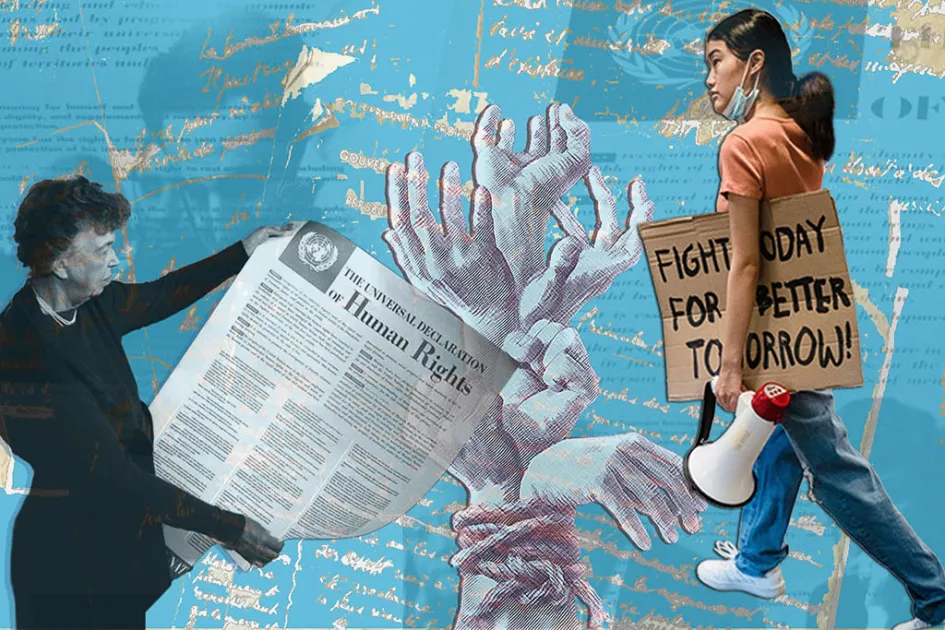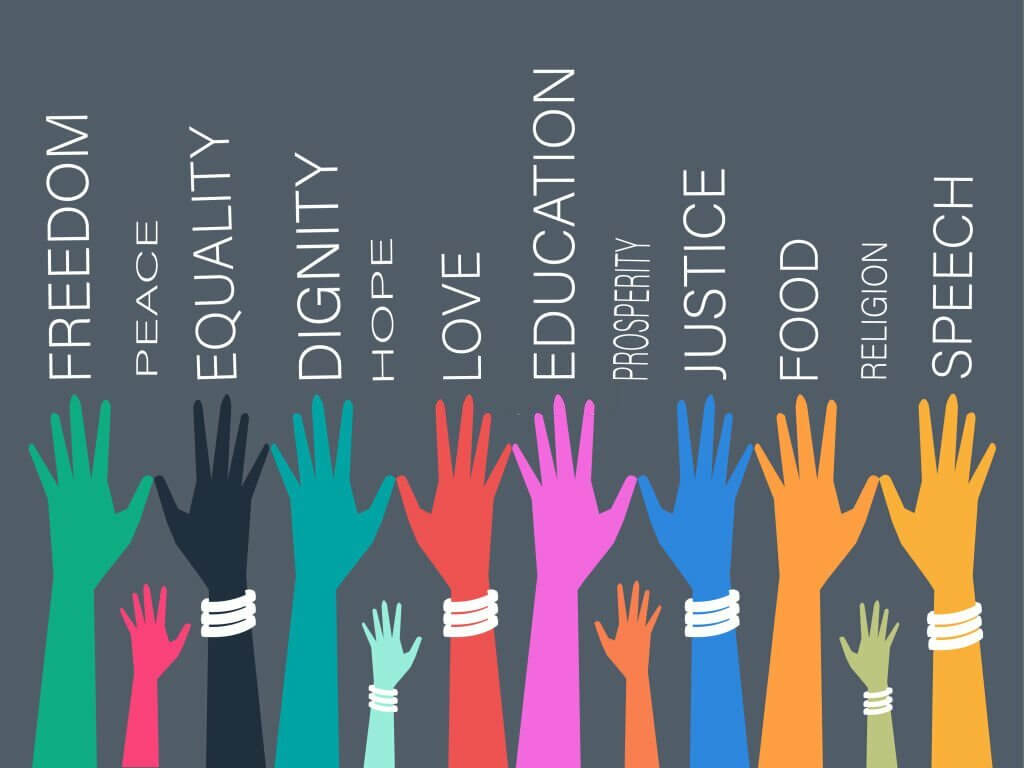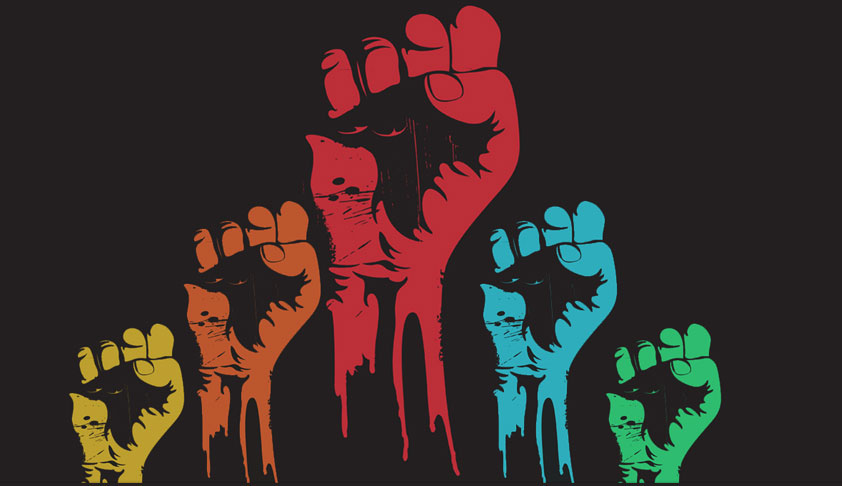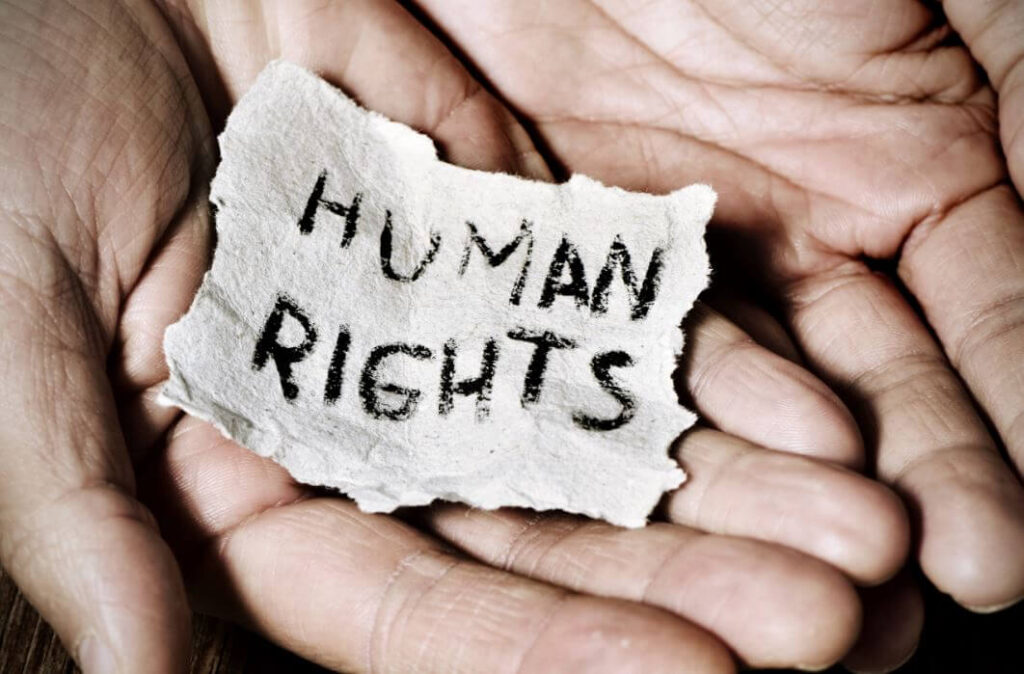Human rights are the cornerstone of a just and equitable society. They provide individuals with the freedom to live with dignity, equality, and respect, regardless of their background, gender, race, or beliefs. Educating youth about these rights is essential to fostering a future generation that upholds fairness, stands against injustice, and actively contributes to building a better world.
Why Human Rights Education Matters
Youth represent the leaders, advocates, and changemakers of tomorrow. By understanding human rights, young people gain the knowledge and tools needed to challenge discrimination, combat inequality, and advocate for fairness. Education on these topics not only empowers them to recognize injustices but also motivates them to take a stand against violations and support those in need.
When young individuals are equipped with a strong foundation in human rights, they become more empathetic, inclusive, and proactive in creating solutions to global challenges. This understanding helps bridge gaps between cultures, encourages dialogue, and nurtures a sense of unity in diversity.
Teaching Human Rights: Key Areas of Focus
Educating youth on human rights begins with awareness. Topics such as the right to education, freedom of expression, and equality before the law are fundamental principles that resonate deeply with young minds. It is equally important to highlight the universal nature of these rights and their application across borders, cultures, and societies.
An effective approach to teaching human rights includes case studies of historical and contemporary struggles, such as civil rights movements, gender equality campaigns, and fights against oppression. These examples inspire youth by demonstrating how individuals and communities have stood up for justice and created meaningful change.
Integrating Human Rights into Daily Life
Learning about human rights goes beyond textbooks—it must be integrated into daily experiences. Schools, colleges, and youth programs can host workshops, debates, and interactive sessions that encourage young people to discuss human rights issues and brainstorm solutions. Activities like volunteering, community service, or participating in campaigns provide practical opportunities to apply their knowledge and contribute to a better tomorrow.


Parents, teachers, and mentors also play a crucial role in fostering a culture of respect and awareness. By modeling behaviors that align with human rights values, they inspire youth to lead with compassion and integrity.
The Role of Youth in Advocating Human Rights
Youth advocacy is a powerful force for change. Armed with education and awareness, young people can amplify their voices through social media, organize community initiatives, and participate in global movements. They can also engage in dialogue with policymakers to influence decisions that promote equality and justice.


When youth take the lead in advocating human rights, they inspire others to join the cause and create a ripple effect of positive change. From combating child labor to supporting gender equality, their efforts can tackle pressing issues and pave the way for a brighter, more equitable future.
Building a Better Tomorrow
Educating youth on human rights is not just about creating awareness—it’s about inspiring action. A generation equipped with the values of equality, fairness, and justice can overcome the challenges of today and build a future rooted in compassion and respect for all.
By investing in human rights education, we empower young people to become defenders of dignity and champions of change. Together, they can shape a world where everyone is treated with the respect and care they deserve, creating a better tomorrow for generations to come.

